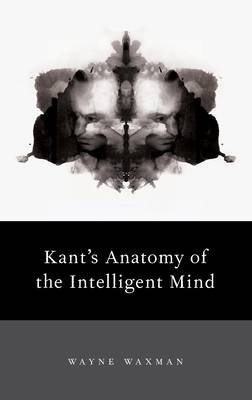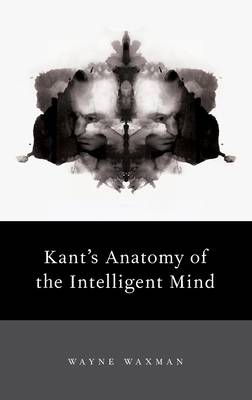
- Retrait gratuit dans votre magasin Club
- 7.000.000 titres dans notre catalogue
- Payer en toute sécurité
- Toujours un magasin près de chez vous
- Retrait gratuit dans votre magasin Club
- 7.000.000 titres dans notre catalogue
- Payer en toute sécurité
- Toujours un magasin près de chez vous
Description
In a 2005 editorial in the British newspaper The Guardian, Kant was declared "the undefeated heavyweight philosophy champion of the world" because he had the "insight ... to remove psychology from epistemology, arguing that knowledge is inevitably mediated by space, time and forms within our minds." This is an accurate reflection of the consensus view of philosophers and scientists that Kant's accounts of space, time, nature, mathematics, and logic in the Critique of Pure Reason are rationalist, normativist, and nativist. Here, Wayne Waxman argues that this is untrue. Kant neither asserted nor implied that Euclid and Newton are the final word in their respective sciences. Rather than supposing that the psyche derives its fundamental forms from epistemology, he traced the first principles of ordinary, scientific, mathematical, and even logical knowledge to the psyche. Aristotelean logic, in particular, exhausts the sphere of the logical for Kant precisely because he deduced it entirely from psychological principles of the unity of consciousness, resulting in a demarcation of logic from mathematics that would set virtually everything regarded as logic today on the mathematical side of the ledger. Although Kant derived his conception of the unity of consciousness from Descartes, he gave it new life by eliminating its epistemological and metaphysical baggage, reducing it to its logical essence, and grounding what remained on a wholly original conception of the a priori unity of sensibility. Thus, far from
departing from the course charted by British Empiricism, Kant's anatomy of the understanding is continuous with, indeed the culmination of, the psychologization of philosophy initiated by Locke, advanced by Berkeley, and developed to its empirical outrance by Hume.
departing from the course charted by British Empiricism, Kant's anatomy of the understanding is continuous with, indeed the culmination of, the psychologization of philosophy initiated by Locke, advanced by Berkeley, and developed to its empirical outrance by Hume.
Spécifications
Parties prenantes
- Auteur(s) :
- Editeur:
Contenu
- Nombre de pages :
- 604
- Langue:
- Anglais
Caractéristiques
- EAN:
- 9780199328314
- Date de parution :
- 20-11-13
- Format:
- Livre relié
- Format numérique:
- Genaaid
- Dimensions :
- 236 mm x 165 mm
- Poids :
- 918 g







